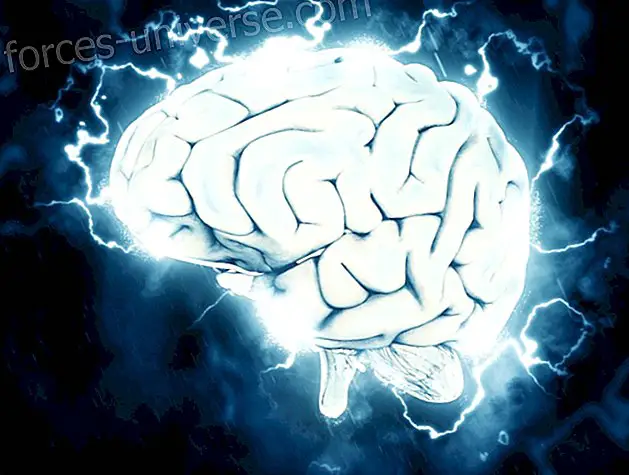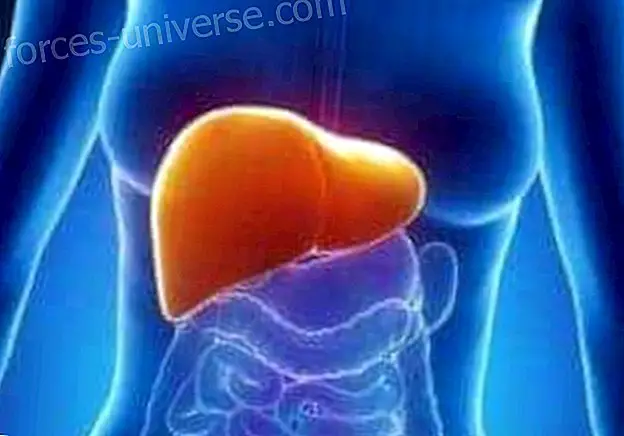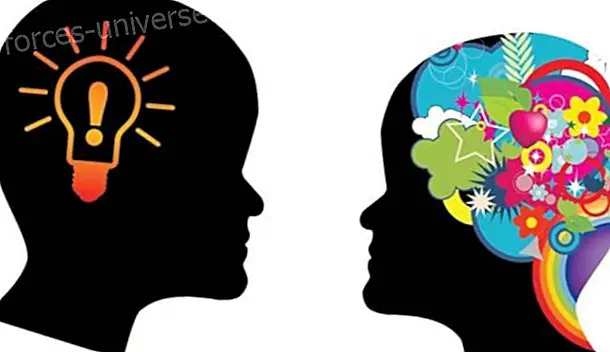
Kamut is a durum wheat originating in Egypt and one of the first wheats that exist (along with spelled ). Kamut contains gluten, so it is not recommended for celiacs and people who want to avoid it. On the other hand, given the properties of kamut, this is an easily digestible cereal, so we can substitute common wheat flour for this type of wheat to achieve a healthier diet. Its size is larger than that of conventional wheat and its sweet taste makes it versatile when preparing it in different ways in the kitchen, including sprouts . By the way, pasta, biscuits, breads, etc. made with their flour or any other dish made with the whole grain are more satiating.
Some components of the kamut are:
Group B vitamins : that participate in the proper functioning of the nervous system, circulatory system, in the skin, reduce the appearance of defects during pregnancy and help the immune system.
Vitamin E : is an antioxidant that protects us against free radicals and delays aging. It also participates in the formation of red blood cells since the blood does not clot.
Selenium : it is another powerful antioxidant and prevents cardiovascular damage, prevents the onset of cancer, diabetes, arthritis, hypothyroidism, infertility or cataracts.
Calcium: fulfills many functions in our body, such as helping to relax the muscles, participating in certain functions of the nervous system, combating osteoporosis, promoting blood clotting, stimulating the secretion of hormones and participates in the absorption of Vitamin B12.
Potassium : it has important functions in the muscular and nervous systems, is part of the bones, metabolizes carbohydrates, intervenes in the production of proteins, regulates the amount of fluids in the body, prevents hypotension (low blood pressure) and collaborates in the proper functioning of the heart,
- Iron: transports oxygen, participates in the production of hemoglobin, improves our immune system, prevents fatigue and iron deficiency anemia.
- Proteins : they participate in practically all the processes that occur in our body, they are found in hormones, enzymes, they are part of the immune system, etc.
- Fats : their fat content is higher than in conventional wheat and they are mostly Omega 6
- Magnesium : helps us maintain healthy teeth, bones and a heart, intervenes in the proper functioning of nerves and muscles, participates in the formation of proteins and the release of glucose.
- Phosphorus: activates enzymes, decreases bone loss, preventing osteoporosis, prevents tooth decay, contributes to the proper functioning of the kidneys and heart.
- Zinc : it is very important for our immune system, for growth, fertility and wound healing.
- Complex carbohydrates : they are a good source for people with high energy requirements and for children
From what you have been able to read, kamut wheat is a more nutritious and healthy option than conventional wheat, to consider if we give preference to our health.
Wheat Kamut: a cereal with a history rich in vitamins and minerals.






